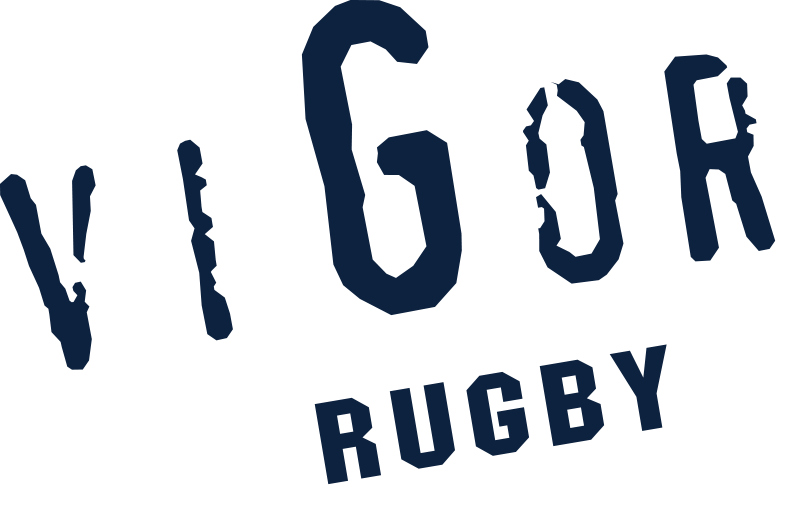As a rugby coach there is never a day or a team where I will stop the session, bring the players in and ask what could be done better or improved. Do this your self and you will find at least 3 players with their hand up with the answer of talking or communication, it’s always been the fall back answer for players since they have been young. When players start to play rugby, the coaches drill it in to them that they need to talk, tell the player with the ball where you are, tell the players what moves you are going to do at phase plays. Even outside of rugby, in your every day life, we all know the importance of communication.
So why don’t we have better communication lines behind clubs, county and schools? Are we all to busy that we haven’t the time to make sure players welfare isn’t a priority? Do we expect players that want to play rugby and pushy parents to tell the club, school or county if they have been injured from a previous game? Now everyone that is reading this will say of course we aren’t to busy and players welfare is always looked at in the highest. However over the last couple of weeks I have started to see that communication lines aren’t as strong as we think they are or would hope they would be.
While coaching at a development group, a player who was taken off during her last club game due to bad concussion, turned up to the training session and didn’t inform the coaches that she was taken off recently with concussion. With coaches not knowing this, today’s session was based around tackling and the young girl tackled and another players knee hit her head. Straight away she was taken away and the headcase protocol was in place and coaches decided she would not take part in the rest of the session. The coaching group then informed her club ( good practise) we were then informed about her concussion, a little to late.
However after speaking to the club, the club informed us that they informed the player that she couldn’t take part in rugby until she completed her recovery time. About to get more interesting, as the player thought if she didn’t turn up to our session, she would be cut out of the program- which is something we said from the beginning would never happen. Her parents decided a couple of days after the concussion happened, the player was showning less signs so the parent took her to the doctors and the doctor give the player the green light to train due to less symptoms being showing.
Now this shows bad communication lines all around, we didn’t know any of this until she hit her head again and we rang the club to inform them.
Another incident, when a player pulled out of rugby with an injury, nothing to bad. The player then went to school the next day and the same injury occurred so the school sent the player off for a scan, the player was then informed that the results show that he shouldn’t play or train for a month. Once home, the player informed their parents what the school said and the first thing the parents asked was so what’s wrong? In which the player couldn’t answer as they weren’t told- just told to rest. The player has the recovery time out and has returned. Once again not the best communications, we can’t risk a good players welfare as the school made him go to a scan twice, but never informed the parents or the club. One thing I am missing is that the player was in sixth form, so at that age is it more on the player to have the commincation skills rather then the school?
But what can we do?
Better communication is needed, either with an email or standed form that clubs, school, universities, colleges, country or where ever a child has played. Coaches can send this to each other, stating that this player is injury, not allowed to play until they have completed a recovery time at this date. If the player has been to the doctors about the injury, use that time as a recovery time and then start with light training until coaches are happy.
If it is a concussion, then they cannot play until they have followed concussion protocol.
The main question would be, who would lead on the players return to rugby? The club? The player? The county? The college? You get the idea. For me it would be the player and the club that they play for. The club is going to see the player a lot more than the other teams and they should be able to monitor the situation better. Yes the diagnoses would come from the doctors or hospital if they have a injury and the club will follow those direction or in the case of a concussion, the club would be able to run their own concussion return to play and keep everyone in the loop.
Does something need to be in place now? Yes! Does communication have to be better between all parties involve? Yes.
End of the day, if we don’t look after the players, who will? Winning isn’t everything, no coach wants a player hurt or play with an injury, that could be made worse or could result in a serious issue for the rest of their life.
